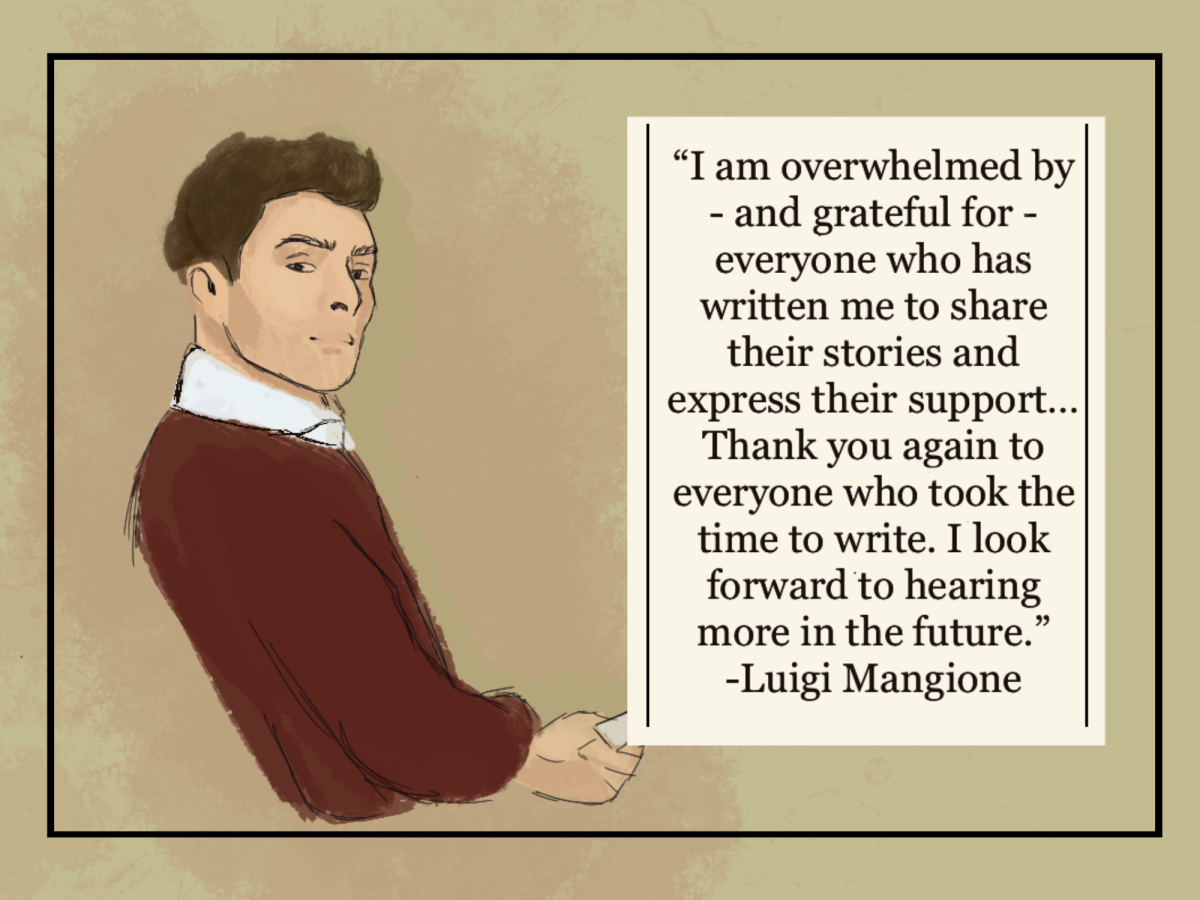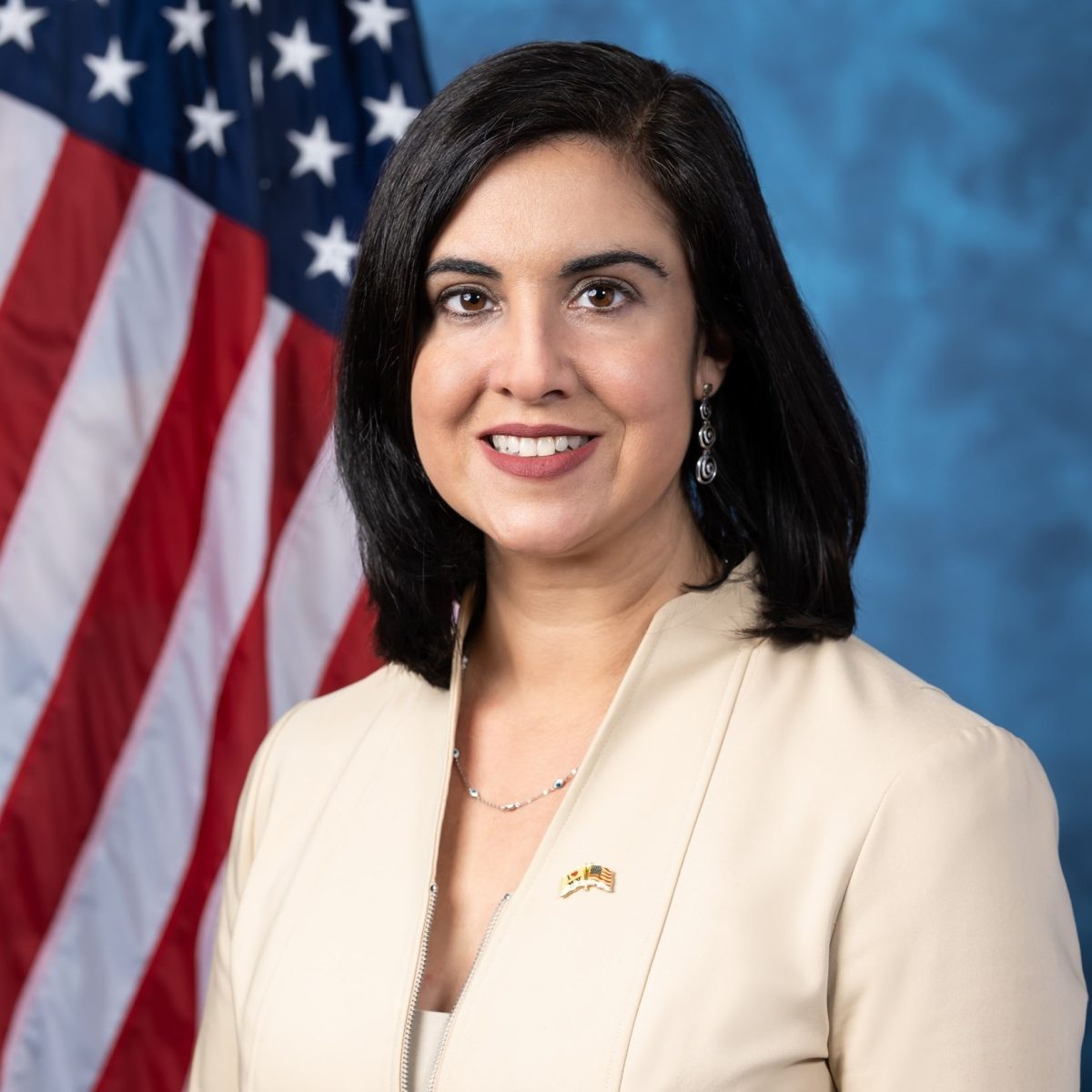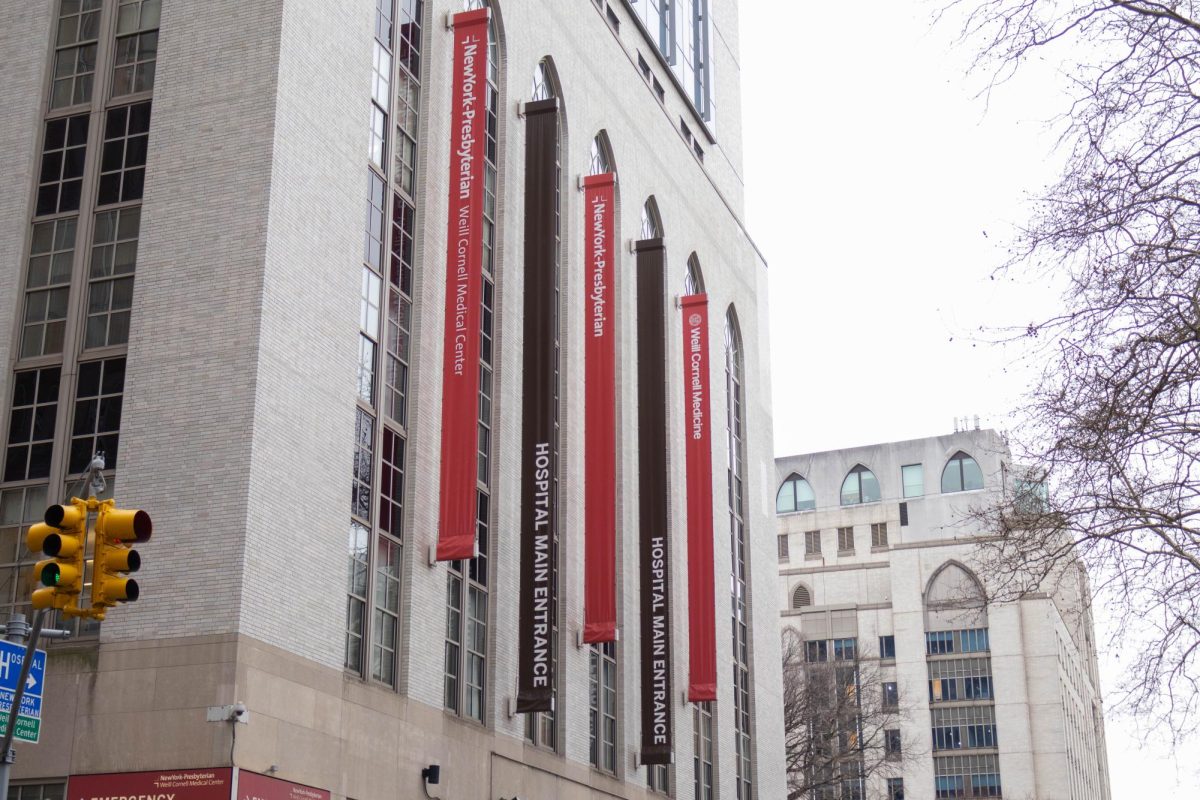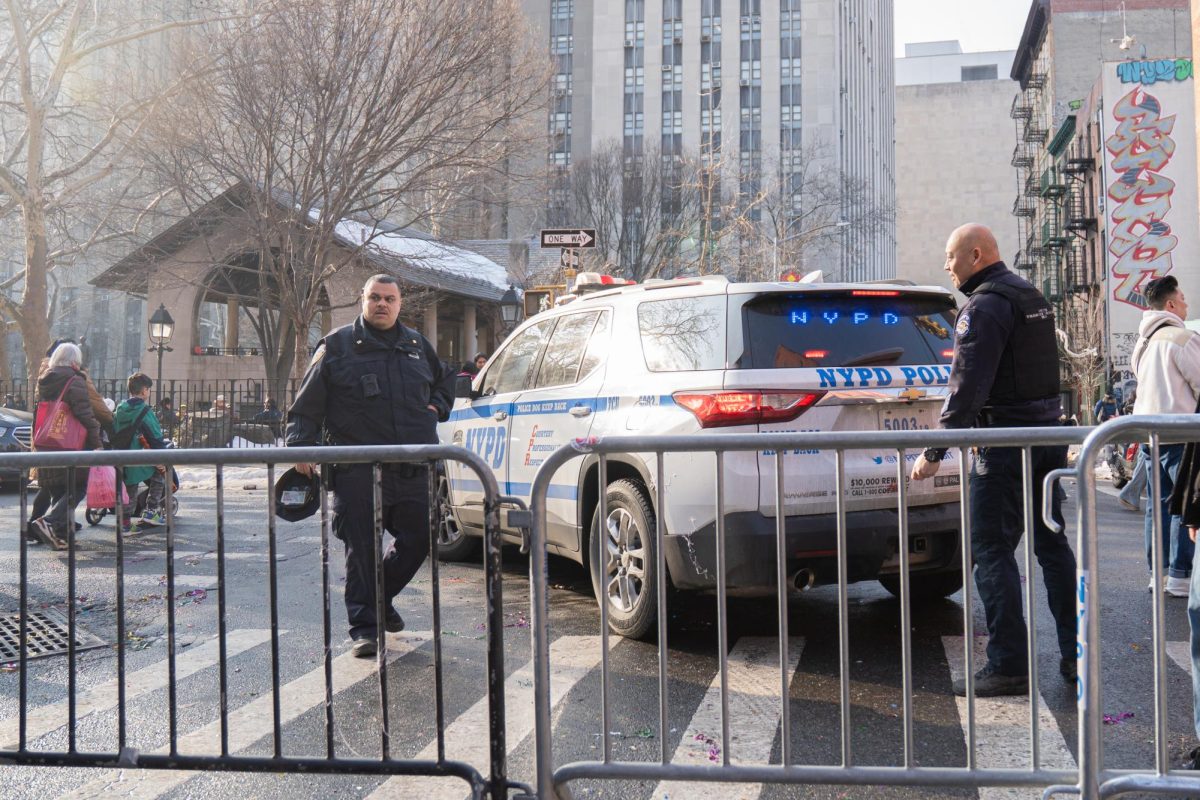Luigi Mangione, who was formally accused of murdering UnitedHealthcare CEO Brian Thompson on Dec. 19, 2024, has spoken out for the first time since his arrest on Dec 9, 2024.
In a statement released on his official defense website on Feb. 14, Mangione expressed gratitude for the widespread support from his supporters who have flooded him with letters.
“I am overwhelmed by — and grateful for — everyone who has written me to share their stories and express their support,” Mangione said.
Mangione’s legal team confirmed exclusively to Rolling Stone that the website is authentic and provides case updates, frequently asked questions and messages from his lead attorney Karen Friedman Agnifilo.
It also links to a page raising donations for Mangione’s legal defense.
As of Feb. 15, the defense fund has surpassed $400,000, with nearly $300,000 raised by the Dec. 4 Legal Committee, a group named after the date of Thompson’s death.
Agnifilo stated that the funds will be used to defend Mangione against his charges.
Mangione was initially charged in Pennsylvania with firearm and forgery offenses and was later charged in Manhattan with second-degree murder, three counts of illegal weapons possession and forgery.
On Dec. 17, 2024 he was indicted on 11 state charges by the Manhattan District Attorney’s office.
NBC News reported that Mangione pleaded not guilty to all New York State charges, including first-degree murder and murder as an act of terrorism.
Prosecutors say he shot Thompson in Manhattan before fleeing the scene. He was arrested days later in Altoona, Pennsylvania.
According to Reuters, in addition to state charges, federal prosecutors in Manhattan have charged Mangione on four counts: the federal crime of murder using a firearm, two charges of stalking and a charge of using an illegal gun silencer.
If convicted, Mangione faces life in prison without parole or the death penalty at the federal level.
He has not yet entered a plea for the federal charges. Mangione is currently being held at Brooklyn’s Metropolitan Detention Center and his recent court appearance was on Feb. 21 in Manhattan.
Mangione is an Ivy League graduate with a bachelor’s degree in computer engineering and a master’s degree in computer and information science from the University of Pennsylvania.
He previously worked as a data engineer and has no prior criminal record.
Coming from a wealthy Baltimore family with a prominent real estate empire, Mangione’s background further fuels the case’s public scrutiny.
According to the New York Post, his family is known for their extensive philanthropy, including millions of dollars in donations to healthcare institutions.
The high-profile nature of the case combined with Mangione’s privileged background has sparked a range of debates in the public sphere, particularly surrounding healthcare, wealth disparity and the ethics of public support for Mangione.
Supporters view Mangione’s actions as symbolic of a larger critique of the healthcare industry and corporate greed, arguing that his actions criticize corporate greed and healthcare flaws.
His manifesto, which touches on healthcare issues, has fueled debates on disparities in access, especially in underserved communities.
The ethics of financially supporting Mangione have been widely debated as his defense fund exceeds $400,000.
Critics question whether the public’s support is rooted in genuine belief or broader anti-corporate sentiments.
As Mangione’s legal battle progresses, it will continue to be a focal point for discussions on healthcare, corporate influence and social justice.








